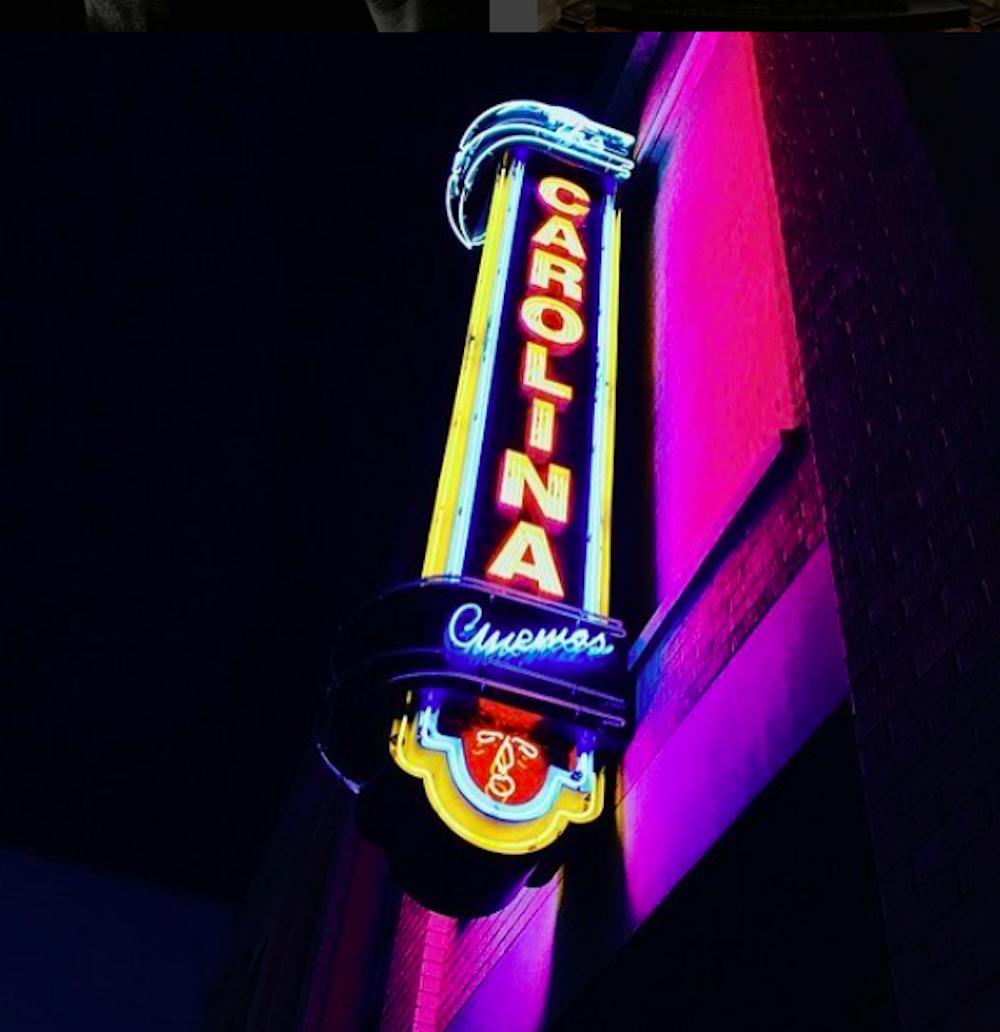On Jan. 29 at 7:30 p.m., the Carolina Theatre of Durham will host a screening of the documentary “February One: The Story of the Greensboro Four.” The screening is free and open to the public.
The 2003 film by Rebecca Cerese and Steven Channing depicts the first-hand accounts of the people who experienced the sit-in at Woolworth’s in Greensboro in 1960. The sit-in, led by four college students, protested segregation practices at the time.
“We do not want history to repeat itself,” said Noel James, the director of education & community engagement at the Carolina Theatre. “We always see that it’s young people who step out and protest. They’re the ones that say ‘OK, it’s our future, and this is not acceptable.’
The four individuals were Ezell Blair, David Richmond, Franklin McCain, Joseph McNeil. James said their parents didn’t want them to protest out of fear for their safety.
James said there were economic consequences to the sit-ins, such as a parent losing their job, especially in Greensboro where everyone knew each other.
“What I really appreciate about the film is that one, it was young people who were fearless and wanted social justice, and that it also shows there’s consequences even if you’re fighting for what is good and what you believe to be right,” James said.
Prior to the screening, the Carolina Theatre will address its own place in history and give a tribute to Carl Whisenton and former Durham Mayor Wense Grabarek, who both passed away this past December.
According to a press release from the Carolina Theatre, Mayor Grabarek was an ally to the nonviolent protesters who helped to desegregate the theatre in the 1960s. Mr. Whisenton co-chaired the Civil Rights Committee, which created a permanent exhibit to display both the voice of the peaceful protestors and the story of the Carolina Theatre’s desegregation.
“Nothing is sugarcoated,” James said. “It’s a combination of being naive to the consequences and at the same time being fearless, so that’s why this film has been one that I have shown with the school programs for the last 18 years. To tie that with the Civil Rights exhibit, the theme obviously is Civil Rights and social justice, but they’re both fueled by youthful energy wanting a better tomorrow.”



